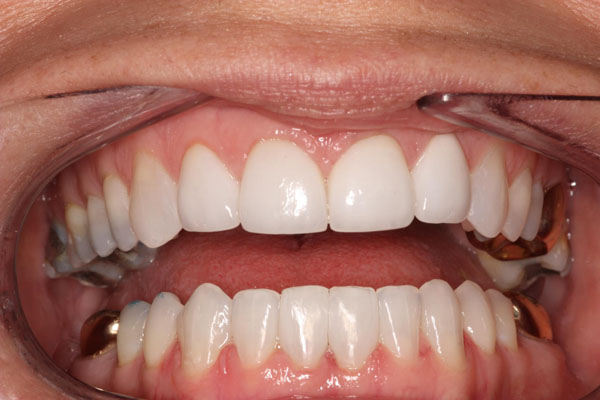Phone: 910-762-3481

“Restorative dentistry” is a term dentists use to define how they replace damaged or missing teeth. Crowns, fillings, implants and bridges are common restorative choices. The objective includes bringing back your natural smile, as well as preventing oral health problems in the future.
Why restorative dentistry treatments are critical
Restorative Dentistry Procedure Options
Fillings
The most typical method of treating a cavity is for the dental professional to remove the decay, as well as fill the tooth using one of many different materials. Those filling materials involve porcelain, gold, silver amalgam, composite resin or tooth-colored plastic.
Crowns
Crowns are tooth-shaped caps that are placed over teeth. They’re used to protect and strengthen the structure of the tooth. Your dental provider prepares your tooth, takes an impression and your crown is designed in a laboratory by an expert.
Bridges
Dental bridges “bridge” the gap created by missing teeth. The bridge has a crown on both ends as an anchor with an artificial tooth or teeth that connects the crowns and fills the space. A bridge can help keep your additional teeth from moving out of place. As the bridge is placed, it’ll work just like natural teeth and assist with optimal occlusion.
Dental Implants
Implants are utilized to replace missing teeth. A dental implant has two parts: a metal anchor, as well as a false tooth that is similar to a crown. An implant feels and looks like a natural tooth.
How to care for restorative dentistry work